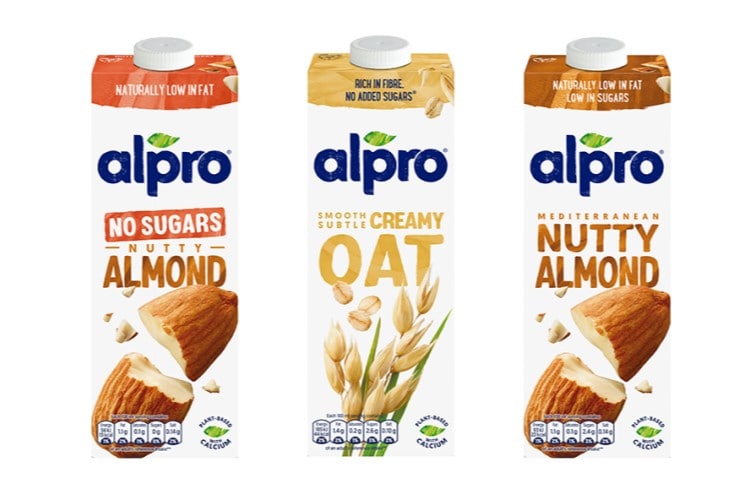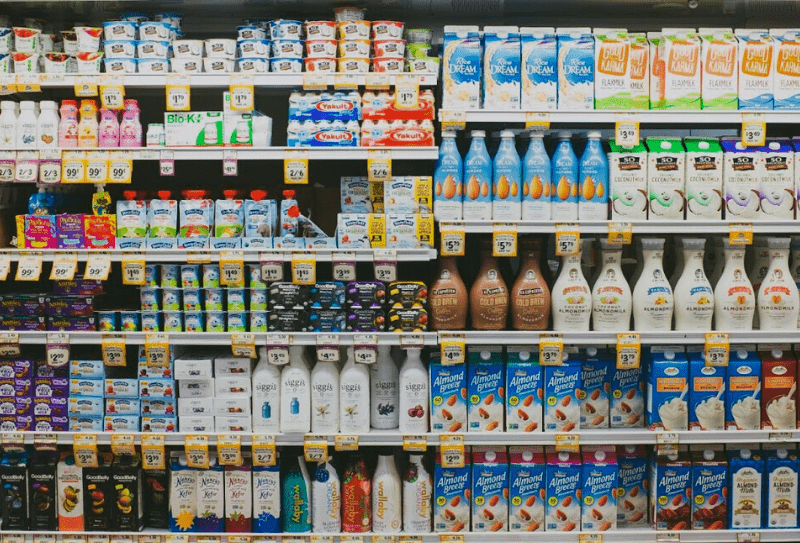Plant-based brands have been in the spotlight after disparities in taxes on alternative dairy products in Belgium have been described as “discriminatory”.
Like cow’s milk, rice milk and soy milk are exempt from tax, but other types of milk such as almond, oat, and pea are not legally considered alternative milk sources. That means sweetened drinks are taxed 22 cents and unsweetened drinks are taxed 17 cents.
unexpected charges
One company that has fallen victim to this disparity is Belgian soy milk producer Tiptoh. When the company first started, the founders considered their product to be in the milk alternative category. But then he received a bill for excise tax of 30,000 euros and a fine of 10,000 euros.

“I didn’t know that I had to pay sales tax,” founder Arnaud Mouirat told De Tigid. “The bill was a very unpleasant surprise. 40,000 euros is a lot for a company with a turnover of 200,000 euros.”
The company now fears it will not be able to survive after being forced to raise the price of its products to 3 euros per carton (more expensive than most other brands on the market). The founders have been in touch with politicians to try to change the law, but so far little progress has been made, although some sympathize with them.
Danone, which owns the major alternative milk brand Alpro, is also speaking out about the tax disparity and calling for “harmony.” In November, the company imposed a temporary price cap of 2 euros on oat milk and almond milk in Belgium, reducing retail prices by 20-40%. The aim was to encourage more people to try plant-based milks, as well as make things easier for consumers facing financial hardship.

widespread problem
Plant-based milk producers in other parts of Europe are also facing difficult conditions. The Netherlands has just undergone a significant tax increase from 8.83 cents per liter to 26.13 cents per litre, as most plant-based milks fall into the same category as soft drinks such as Coca-Cola. Soymilk and soya milk avoid the rise because they have similar protein content to cow’s milk, which is considered a “basic necessity.”
But the future may be bright in Germany. In Germany, some lawmakers are calling for the tax on plant-based milk to be lowered to 7% (equivalent to cow’s milk). If successful, this could pave the way for change in other parts of Europe. Proveg International is calling for this to be taken further, including through the 0% for the Climate initiative, which would exempt plant-based foods from VAT.
“Plant-based milks are popular with people of all dietary styles because they are not only climate-friendly, but also delicious, varied and versatile,” says Dirk, Senior Project Manager for Food Industry and Retail at ProVeg Germany. Liebenberg said. “Any tax discrimination against plant-based alternatives threatens to slow the momentum of this promising growth sector.”
